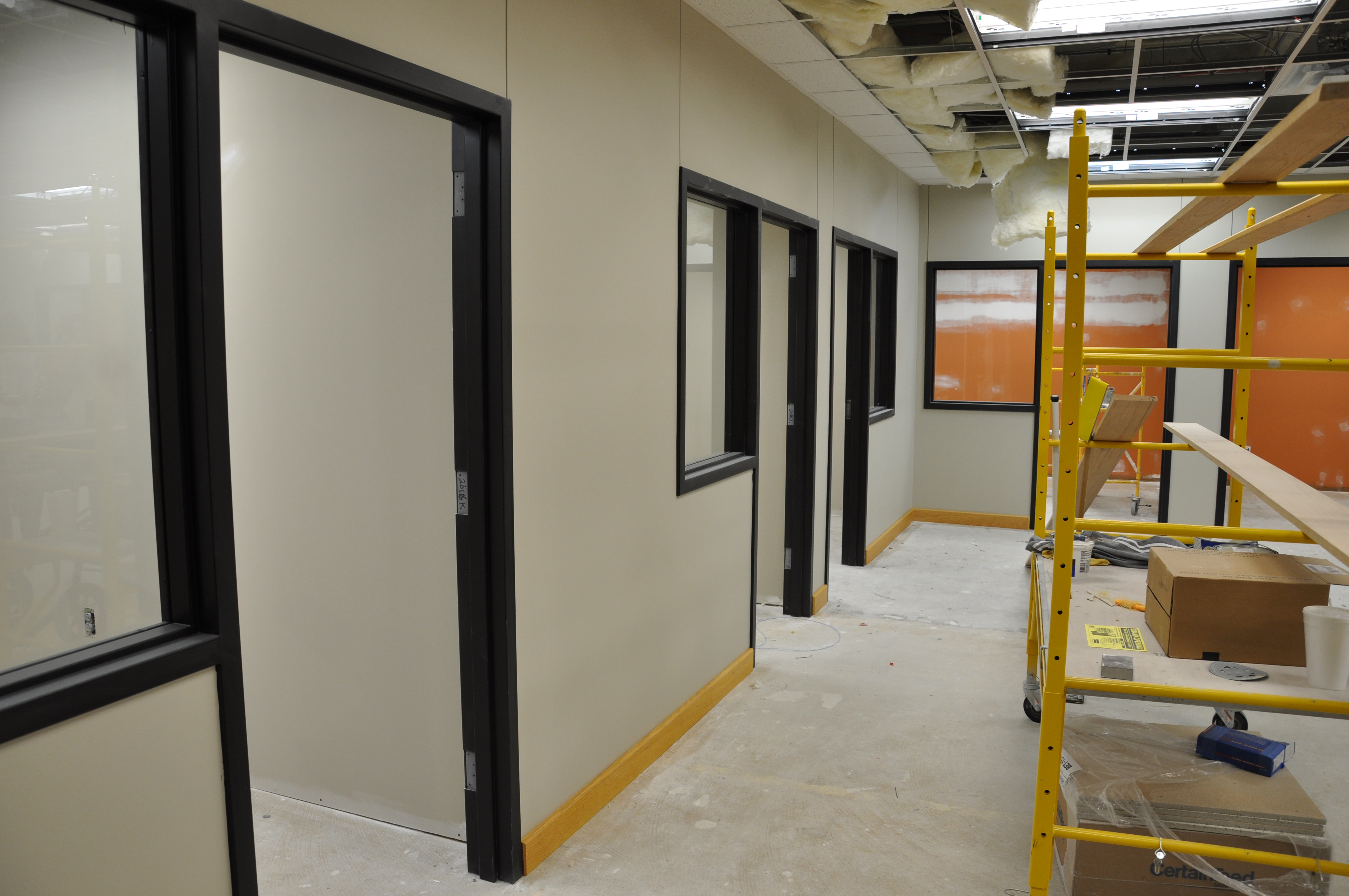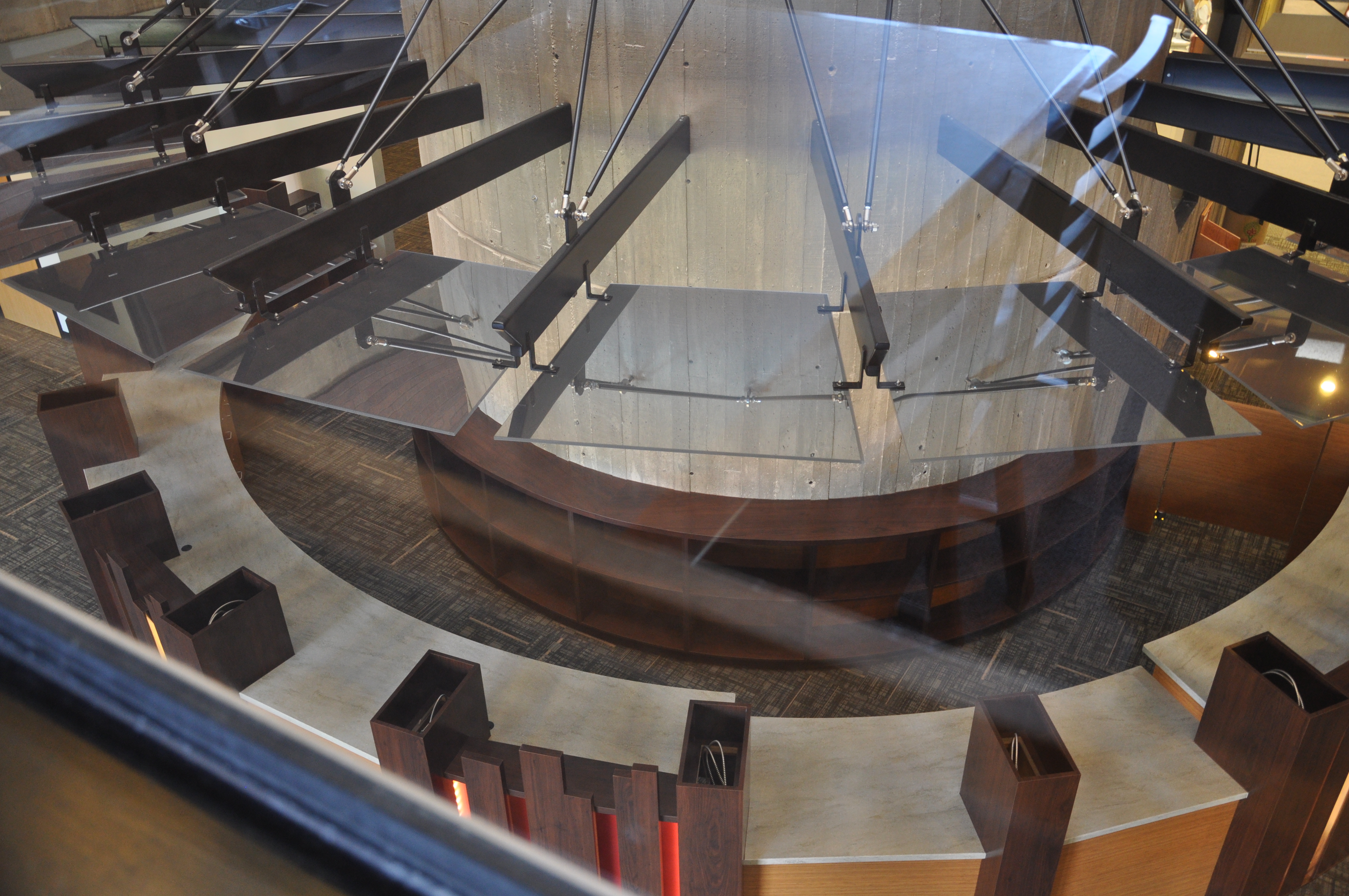
Cathy Davidson’s argument for using technology to change learning environments is the Book of the Day. Now You See It: How the Brain Science of Attention Will Transform the Way We Live, Work, and Learn argues that studying something she calls “attention blindness” in the brain shows how developments in technology being under utilized in learning spaces designed for the last century can be detrimental, and she’s got a good reason to think that. What started as her experiment of giving college freshman iPods (before they supported apps, and were just music players) lead to teachers and students turning them into learning tools.
The book follows that research to a compelling end, and a strong case for modern technology in the classroom, all centered upon how our brains react to it.







/lc.gif&client=johnsonh)
/lc.gif&client=johnsonh)

